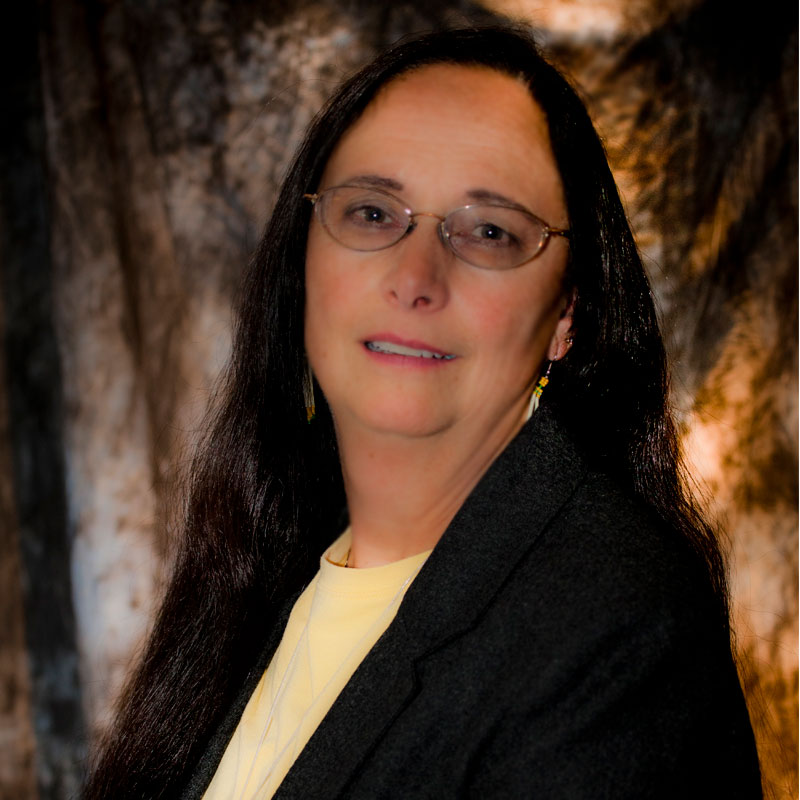Bad Parent-Good Parent How to Protect Children from Having to Choose

I have previously written articles about visitation guidelines but lately have observed some actions that have prompted me to return to this topic. While I think that most parents involved in divorce, separation, or other disruptions of their children’s lives really care about their children, I am not sure they always recognize and can take the steps to prevent putting the children in the middle.
When parents split up, they obviously do so because they are no longer going to have an intimate relationship with the other spouse or significant other. This can leave unresolved feelings, hurts, resentments, and other “issues” that are of an adult nature. This becomes a problem only if the parents discuss this in front of a child, or even react to a phone call or letter concerning the other parent.
I have some guidelines that I have offered before, which include the following:
1) No negative comments about anyone in the child’s life
2) No promises made to the child about gifts, living arrangements, visits, etc.
3) No references to past hurts, allegations, charges, consequences
Children are a product of two parents, and to have them hear comments about the other parent actually puts them in a state of anxiety, as well as possibly creating some depressive feelings. Children do not like to be “put in the middle” or in a state where they feel they have to choose a parent. Also, to have them hear damaging comments about the other person actually causes them to doubt themselves and whether that parent can love them, as they are “half” of the other parent also. These negative comments can include the other parent, the grandparents or other relatives, foster parents or caseworker if involved in foster care, or even the therapist. Children really do listen to the words their parents speak, and if that is negative, the child then takes that in to consideration.
Children learn early on when a relationship disrupts that they can “work” their parents. Making promises then gives them ammunition to use against the other parent when they are angry. It also sets up children unnecessarily, causing more anxiety if the promise is not kept, and many times there are reasons why the promises are not kept. But asking a child to understand work schedules, other commitments, and other “excuses” is crediting them with more maturity than they usually have, thus causing them to begin to distrust the other parent.
References to past hurts, allegations, charges, etc. should be dealt with in therapy. To do so without another adult present often puts the child in a difficult spot again, as only one person’s perception is offered, asking or forcing the child to align with one parent over the other. Many children need the aid and guidance of a qualified therapist to sort out and even to vent their frustration about the situation. Children worry about alienating one parent (although they won’t call it that) and will suffer more anxiety if they know too much.
Adult issues can involve finances including alimony and child support, marital arguments including infidelity on one person’s part and even sexual relations between adults, and any and all custody information. Sharing information about custody again puts children in a no-win situation, and even discussing the issue is giving children too much information, which may force them to make a decision.
As adults, we need to act like adults, even when we hurt. If we try to include our children by giving them information that compromises their relationship with the other parent, we actually are hurting them. And that is unacceptable. In fact, we need to encourage our children to have healthy relationships with the other parent, provide opportunities for that time together, and work to ensure that our children get the benefit of relationships with both parents.
Tags: guideliness for parents divorcing with their children, visitation guidelinesABOUT THE AUTHOR

Deb England
Licensed Independent Mental Health Practitioner
Licensed Professional Counselor
Advanced Clinical HypnoTherapist- Deb England began working part-time for Wholeness Healing Center in September 2004 and began full-time in May 2005. Deb practices primarily in the Broken Bow office and one day a week in the Grand Island office. Previously she had completed her practicum and internship at Morning Star Alliance, working in the Broken Bow and Grand Island offices.
LATEST ARTICLES BY Deb England
Subscribe today
Sign up to receive the latest mental health tips and inspiration